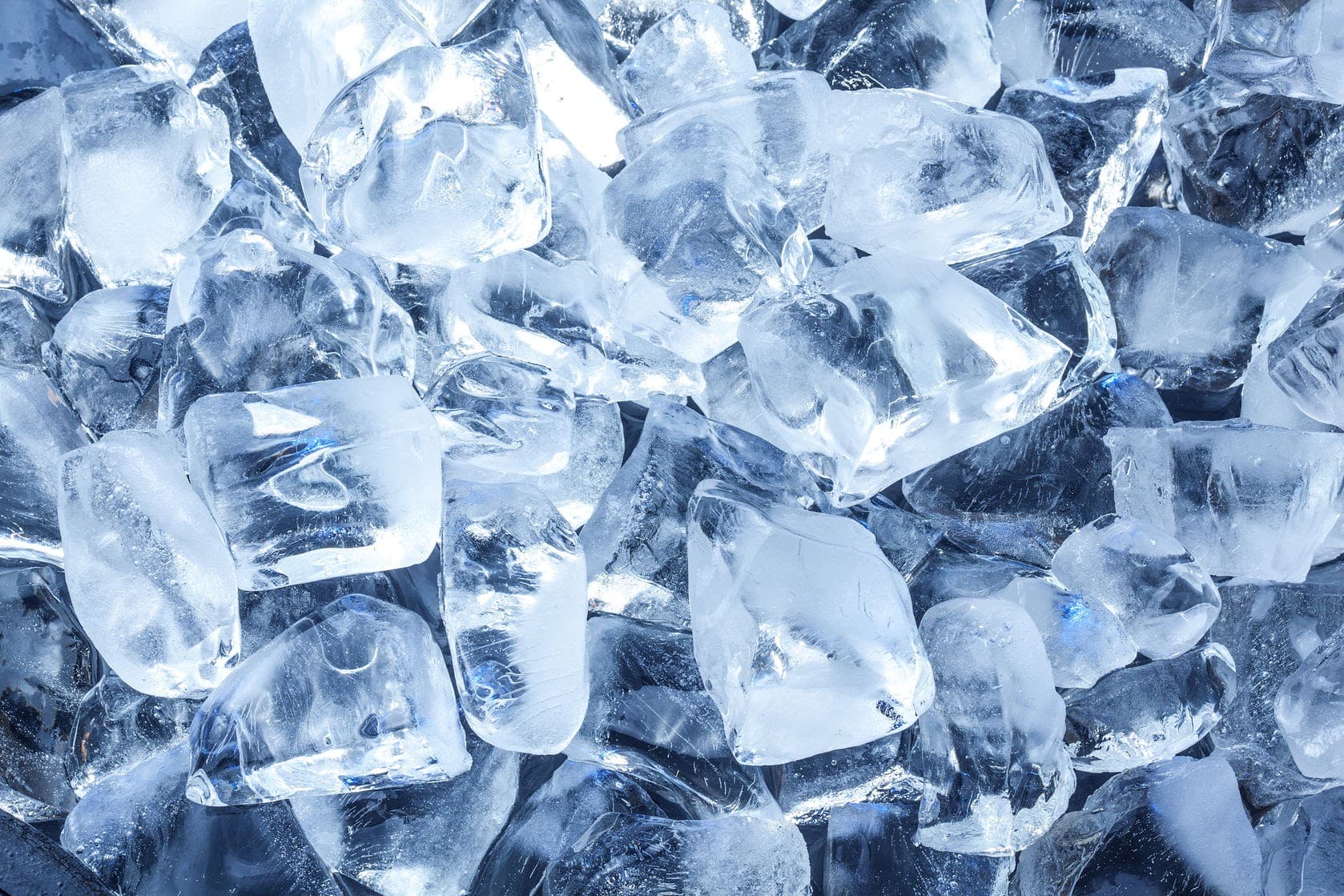Why Do Air Conditioners Freeze Up?

You’ve noticed your air conditioner isn’t working as well as it should, so you’ve decided to investigate. As you reach your condensing unit, you notice what looks like ice has formed on the lines or inside the compressor. What causes this phenomenon, is it something you should be concerned over, and how do you deal with it?
Airflow Disruptions
Your system must be able to circulate air in order to function properly. An airflow restriction anywhere in the unit causes unusual strain on the system and prevents the proper transfer of heat from inside to outside. This means the refrigerant that has been chilled to absorb the heat never warms up, and this can lead to AC freezes.
These airflow restrictions happen in several areas, the most common being at the air filter. This filter keeps most of the airborne contaminants out of the system, and so it needs regular attention. However, some smaller particles inevitably make it past the air filter for a number of reasons.
What doesn’t get caught by the air filter will settle throughout your AC unit. Where you notice this most is commonly on the evaporator coil or circulating fan.
Refrigerant Leak
In order to provide a cooling effect on your air, your system regulates the pressure of the refrigerant circulating in your AC unit. When the pressure drops significantly, it drops the temperature of the coolant, allowing it to more effectively absorb heat. When the pressure increases, it makes the refrigerant hot, allowing it to vent the heat to the air outside.
Even small leaks in the air conditioner mean there’s not enough pressure in the system to affect the necessary changes. This lack of coolant means the pressure is lower, leading the refrigerant to get colder and eventually freeze. If the leak is near the compressor or condensing coil, it can cause these components to ice up and malfunction.
Cooler Temperatures
Your air conditioner is designed to operate within a certain threshold of outdoor air temperatures. If the temperature is cold enough, it prevents the pressure from rising high enough to heat the refrigerant. This cooler refrigerant then creates a freeze at the evaporator coil.
Running Your System Too Cold
You may think that the hotter it gets outside, the colder your indoor air temperature needs to be to maintain your comfort. However, when you set your thermostat too low, you’re demanding your unit run for longer cycles. The greater the difference between the outdoor air temperature and your thermostat setting, the longer those cycles become.
Your air conditioner isn’t designed to run continuously and maintain operational efficiency. Rather, the longer your system runs, the colder the evaporator coils become, and the more likely that they’ll freeze up.
Dirty Coils
As previously mentioned, the evaporator coil is a common area for airborne contaminants to collect in your system. As these particles settle on the coils, they begin acting as a bit of an insulator, preventing the refrigerant from absorbing heat.
This makes your coils colder than they should be, leading to frozen condensation on the coil tubes. The combination of the frozen condensate along with the dirt compounds the insulating effect, leading to more significant freezes.
Dealing With a Frozen System
If you see ice on any part of your unit or suspect your air conditioner may be frozen over, shut it down. Allow the frozen areas to thaw before attempting to cycle it on again.
While you’re waiting for the system to thaw, check your air filters to make sure they’re clean. Consider vacuuming the intake valve to remove any loose debris on the surface of the filter. If your filter is clean, then you likely have another problem that’s best solved by a professional technician.
The best way to prevent freezes from occurring is by having a technician perform routine maintenance in the spring. During this visit, the technician will clean the evaporator and condensing coils, along with the circulating fan wheel. They’ll also check the refrigerant level to ensure your air conditioner is properly charged with no evidence of a leak.
In addition, technicians will check the unit’s critical components to ensure they’re working optimally. If they find a component on the verge of failing, you have time to repair it before causing significant system damage.
People throughout Anaheim have trusted Alps Heating & Air Conditioning, Inc. with air conditioner repair and maintenance for more than 20 years. Our clients also turn to us for heating and water heater installation, maintenance, and repair. Call us to schedule your AC repair with one of our expert technicians today.

